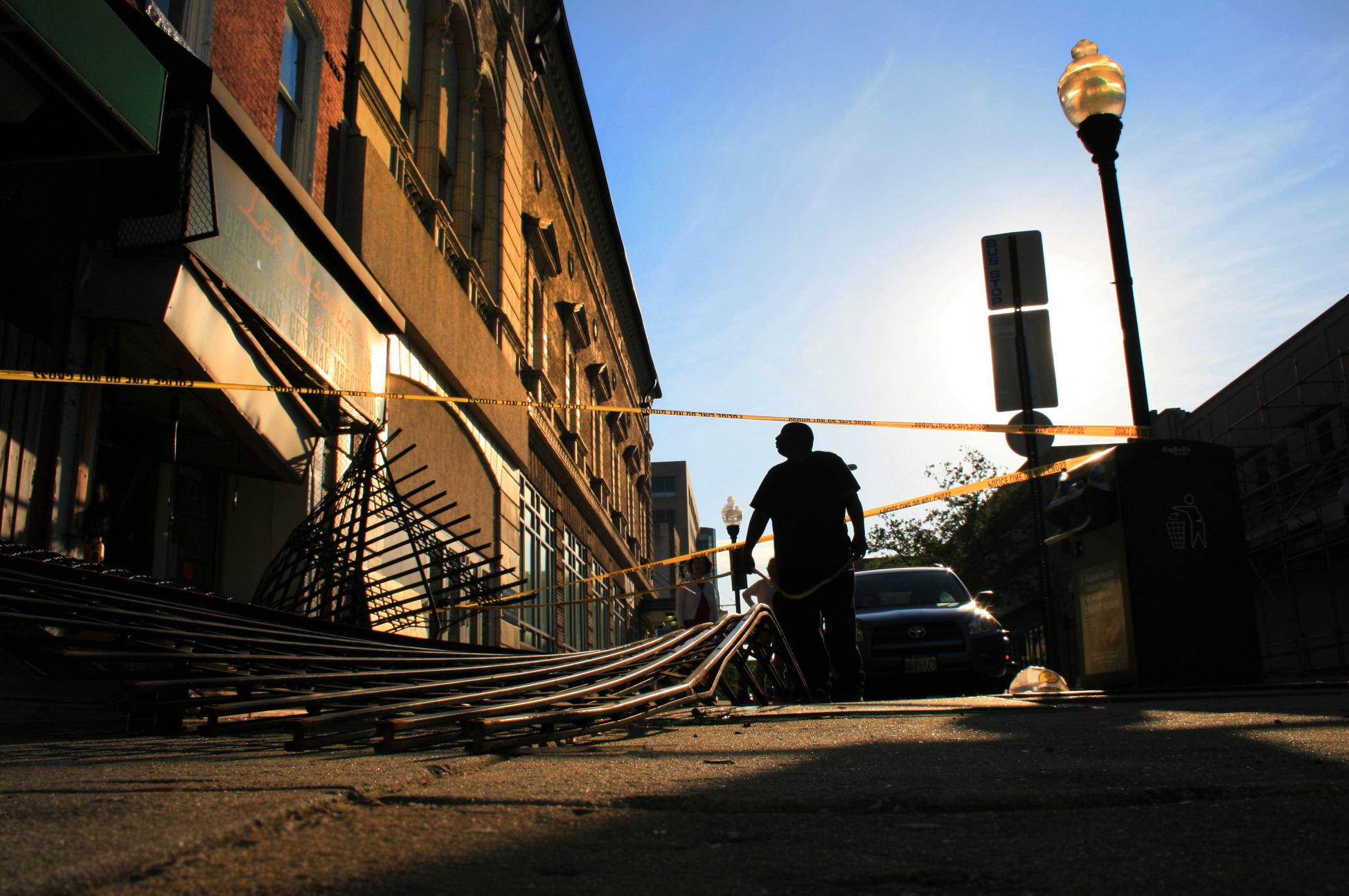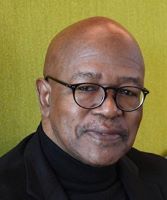Introduction
Moskos
Given the unprecedented increase in violence in 2020, I asked people with first-hand experience for solutions. These are their answers.
CONTRIBUTORS
The Code of the Streets
AndersonOn the cultural formation of violence and the “code of the streets.”
Elijah Anderson is the Sterling Professor of Sociology and of African American Studies at Yale University. He is the author of Code of the Street: Decency, Violence, and The Moral Life of the Inner City.
A Plan for the NYPD
AnemoneSpecific violence reduction strategies for the New York City Police Department.
Louis Anemone is former NYPD Chief of Department, the highest uniformed rank. He is an adjunct professor at John Jay College of Criminal Justice.
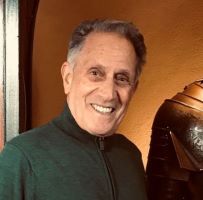
What “Support” Police Means
Averett
Rioting, lack of support from political leadership, and the threat of defunding and layoffs are driving good polcie officers to quit.
Elliott Averett is a former Seattle Police Officer.
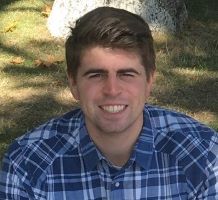
We Cannot Afford to Wait
BarksdaleThe key is a relentless focus on repeat violent offenders and using holding police squads accountable.
Tony Barksdale is the former Baltimore City Police Department Deputy Commissioner.
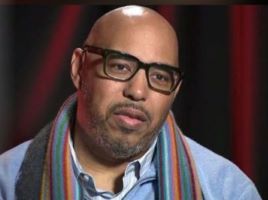
What Black Neighborhoods Want
BellowAlmost overnight, the neighborhood changed and became predominately Black. That wasn’t a bad thing. The new homeowners were also decent and hardworking people, and culturally we had more in common. Then, a family moved in two doors down from us on the block and everything went to hell..
Steve Bellow is a resident of California
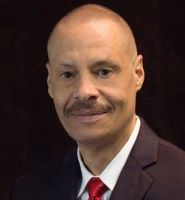
Violence Interrupters Stop Violence
BogganInvest in the recruitment, training, development and deployment of 5,200 additional civilian violence interrupters in the 100 U.S. cities most impacted by gun violence.
DeVone Boggan is Chief Executive Officer at Advance Peace.
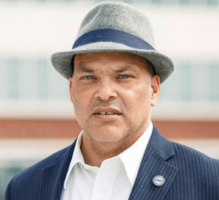
DICE: Data-Informed Community Engagement
CaplanUse data to focus on locations and siutational crime prevention.
Joel Caplan is a Professor at Rutgers School of Criminal Justice.
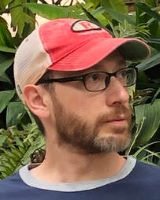
Let’s “MoneyBall” Gun Violence
ClarkTreat all gunfire, not just when a person is hit, as a priority. This sends a powerful signal to those otherwise tormented residents.
Ralph Clark is CEO of Shot Spotter
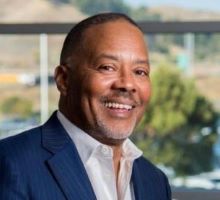
Police Education and Training Reduce Violence
CordnerBetter police education and training are key to reducing violence.
Gary Cordner is the Baltimore City Police Department Academic Director.
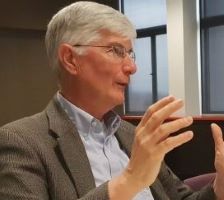
Domestic Violence High Risk Response Model
CurtisExpand the Massachusetts Domestic Violence High-Risk Response Model
Aurora Curtis is an attorney in New York City and former NYPD.

More Supervision for the Mentally Ill
EideBetter services, including mandatory treatment, to treat mentally ill and reduce violence.
Stephen Eide is a senior fellow at the Manhattan Institute

Quarantining Violence
FisherReducing violence needs to be the priority before we can work on other social problems.
Chris Fisher is the Seattle Police Department Executive Director of Strategic Initiatives.
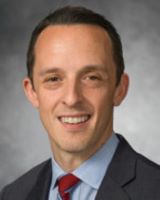
From Protest to Problems: The Minneapolis Story
FortnerThe political limitations of the “causal story” attached to #defund.
Michael Fortner is a professor at City University of New York (CUNY).
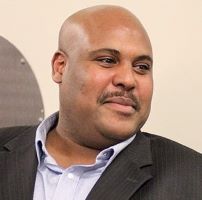
Better Data, More Transparency
GaglianoFor starters, a verifiable database of police use-of-force incidents.
James Gagliano is FBI (retired).
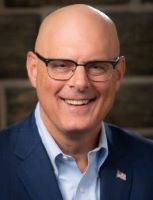
Let Police Police
GarciaPolice need to legally stop people, and that’s not happening anymore.
L. Garcia is a Chicago Police Officer.
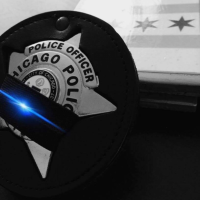
Solve Cold Cases
GiacaloneSolve Cold Cases.
Joseph Giacalone is an adjunct professor at John Jay College of Criminal Justice and NYPD (retired).
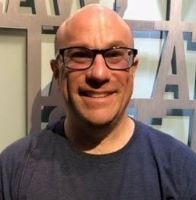
Don’t Defund
HaberfeldNational standards in law enforcement are a key to reducing violence.
by Maria (Maki) Haberfeld is a professor at John Jay College Criminal Justice.
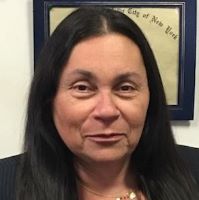
Violence Reduction Needs Policing
HallCitizens demand and deserve police services.
John Hall is Deputy Inspector with the New York City Police Department and works in the Office of Crime Control Strategies.
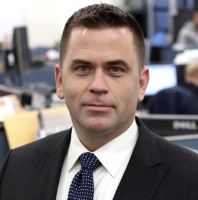
Supportive Reporting
Huey“Supportive Reporting,” encourages marginalized groups to report crime.
Laura Huey is Professor of Sociology at the University of Western Ontario.

Combat Disorder, Combat Violence
JenkinsCall it what you will, some version of Broken Windows is needed to reduce disorder and violence.
Mike Jenkins is a professor at the University of Scranton.
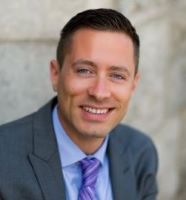
Focused Deterrence
LeightonCeasefire: the right balance of sticks and carrots, focused on violence offenders.
Donovan Leighton is reitred FBI.
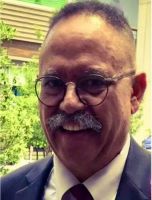
Fix Broken Windows
MaasFix Broken Windows, both the concept and on the subway.
Ari Maas is a police officer with 17 years experience in two departments.
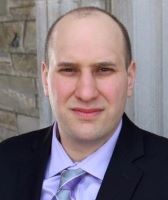
Violence Reduction Project
MoskosPeter Moskos is the creater and editor of the Violence Reduction Project. He is a professor at John Jay College of Criminal Justice and a former Baltimore City Police Officer.
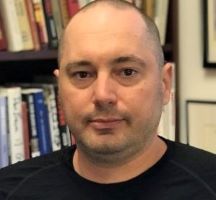
Fewer Guns, Fewer Shootings
NixFocus on gun offenders to reduce violence.
Justin Nix is a professor at University of Nebraska Omaha
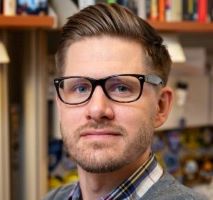
More Foot Patrol
Ratcliffe & SorgFoot patrol works. More of it will reduce violence.
Jerry Ratcliffe is a former British police officer and professor of Criminal Justice at Temple University.
Evan Sorg is an Assistant Professor in the Department of Law and Justice Studies at Rowan University.
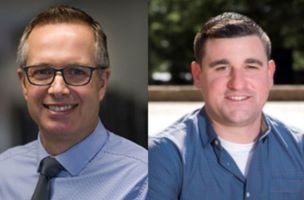
Improve Police-Community Relations
RodriguezHomicide Support Groups will improve community relations and reduce violence.
Denise Rodriguez is Chief Deputy Police Monitor on the Commonwealth of Puerto Rico and the U.S. Dept of Justice Consent Decree.

A Three-Pronged Strategy
Rosenfeld & KlingerSubdue the COVID-19 pandemic, redouble smart policing tactics, and implement police reform.
Richard Rosenfeld and David Klinger are Professors of Criminology and Criminal Justice at the University of Missouri – St. Louis.

Focus on Mental Health
SelbyFund mental health units to reduce violence.
Nick Selby is a former detective.
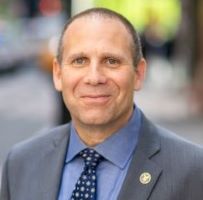
Situational Crime Prevention
ShaneSituational crime prevention prevents crime.
Jon Shane is a professor at John Jay College of Criminal Justice.
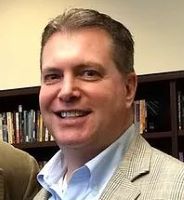
The Fight for Black Chicago
Voice of ChicagoA perspective of the situation and how to reduce violence in Chicago.
Voice of Chicago is a Chicago resident.

photo: Peter Moskos
